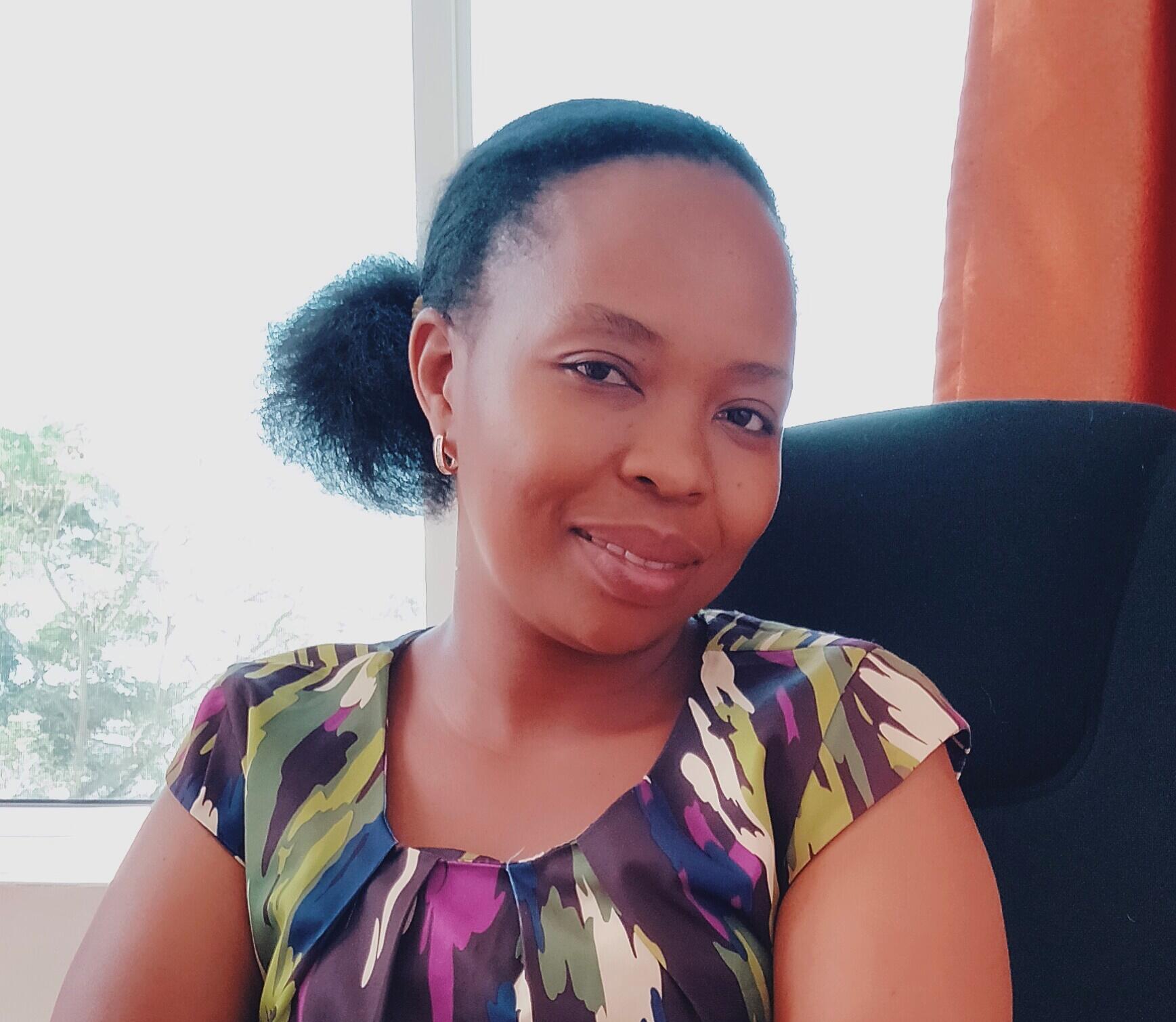
My journey with the NIHR Group on Stillbirth began in 2019. I was involved in a qualitative study aiming to explore women’s and community experiences and views of respectful maternal and newborn care in Tanzania, using the appreciative inquiry approach. This approach promotes positive thinking, celebrates existing good practice and encourages sharing of constructive thoughts and positive aspects of service provision, to shape future interventions. One-to-one interviews is one of the methods of data collection.
As a Research Assistant (RA) of this project, I was responsible for conducting interviews with different groups, including women, family members, healthcare workers and service managers (hospital matron, nurse ward in charges, hospital secretary, etc.). Recruitment took place in three facilities in Mwanza, Mara and Geita regions. I completed 48 interviews, and with assistance I cross-checked transcriptions and translation of transcripts. I was also involved in the analysis and presentation of preliminary findings.
My feelings in undertaking this task.When I was assigned this task, I was happy, grateful, and ready to use my capacities to conduct good research. Given my interest in respectful care I was eager to see what the findings will unveil.
Training and support from the leads.I had never used the appreciative inquiry technique before. Adopting a new approach and having to conduct many interviews (48 in total) made me worried of not respecting the schedule. My manager, Dr Rose Laisser (Tanzania lead), and the UK mentor (Prof Dame Tina Lavender) provided training and guidance on how to conduct these interviews. After some practice I felt confident to go to the field. Continued support from the leads helped minimise the possibility of error and increase the quality of data in each subsequent interview.
My field experience.Things were not as easy as I thought! Despite previous research experience, and specific training, I found some interviews particularly challenging. For some participants I had to use a lot of probing and prompting to hear the full experience. Although documented in the literature, realising that some women were not aware of their rights and accepted disrespect as part of care provision, was upsetting. To most women, the most important thing was to give birth to a live baby. This would define the service received as the best. However, by showing the participant a short video on respectful care and asking further questions and probes, deeper reflections and needs came out.
While conducting these interviews, I realised culture was a hindrance to self-expression. I learnt that some norms demanded women to be listener, with no say on any matter, including childbirth. Only men had the right to talk. This resulted in women explaining that “everything went well”. Sometimes it was frustrating to hear that a clear abuse happened but was considered part of the practice. For instance, hearing that it is okay for a woman who is in labour to be beaten for the sake of saving her and the baby’s lives. I felt like I needed to educate them on the spot, but I couldn’t as this would have distorted the interview. Hence, in some cases, after completing the interview, I explained to the women their rights and the level of care they should expect.
Interviews with health providers and managers involved other challenges. I arranged to meet them after their shift but often had to reschedule. Sometimes I felt tired after conducting 3 to 4 interviews in a day. This happened with family members. Although I was aware that I should have only conducted 1 or 2 interviews per day, I had to adapt to the need of participants. Family members had limited availability so once they offered their time, I could not afford losing them and made myself available to conduct the interview.
Being a RA did not change the fact that I am a midwife. Thus, there were times when I had to use my midwifery skills. For instance, assisting staff in conducting childbirth, explaining to new mothers how to breastfeed, educating family members about infection prevention; and explaining respectful care concepts to healthcare workers. For me, it was also an opportunity to learn about different norms and traditions influencing maternal and child health. It was an eye-opener for certain aspects which I didn’t know before. Overall, taking part in this project was a great experience.
Success and achievement.This project had a great impact on my career as a midwife and a researcher. It gave me recognition locally and nationally, the respect of being a research midwife, and to be entrusted for other projects.
I’ve also been involved, as a co-author, in the writing of the publication of this study. This will help my academic progression. Deepening my knowledge into respectful care has also increased my wish to do a PhD. I am also grateful for the financial support and the opportunity of visiting the team in the UK for development in 2019. A lot of thanks go also to the UK team, the Tanzanian lead and to NIHR, for investing in midwifery and research in Tanzania.